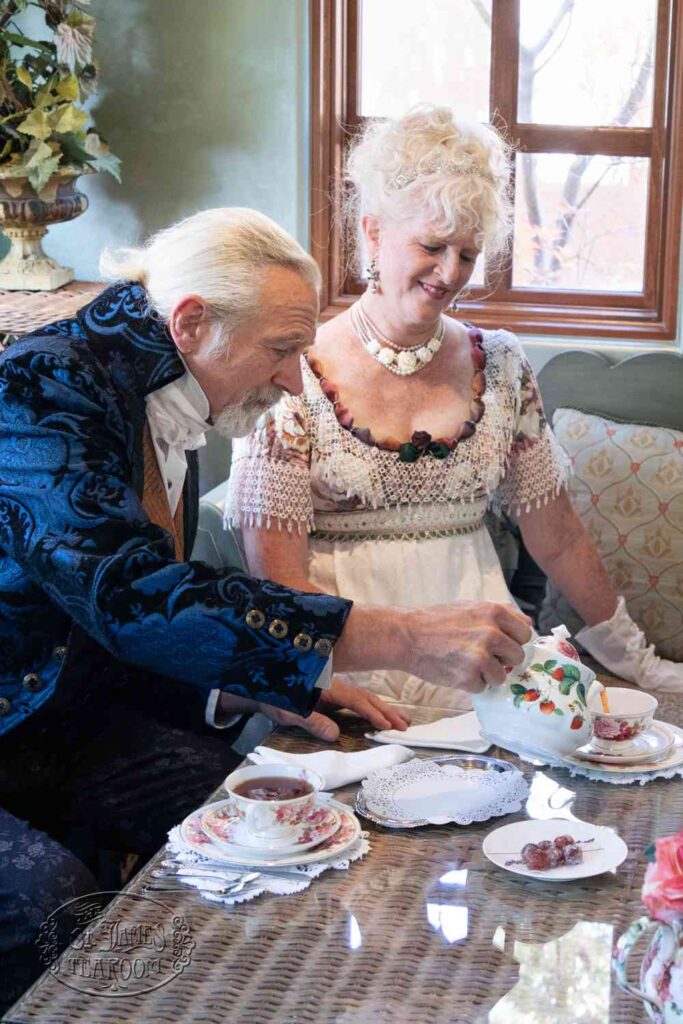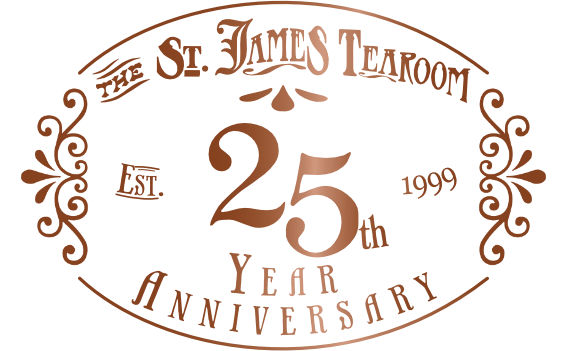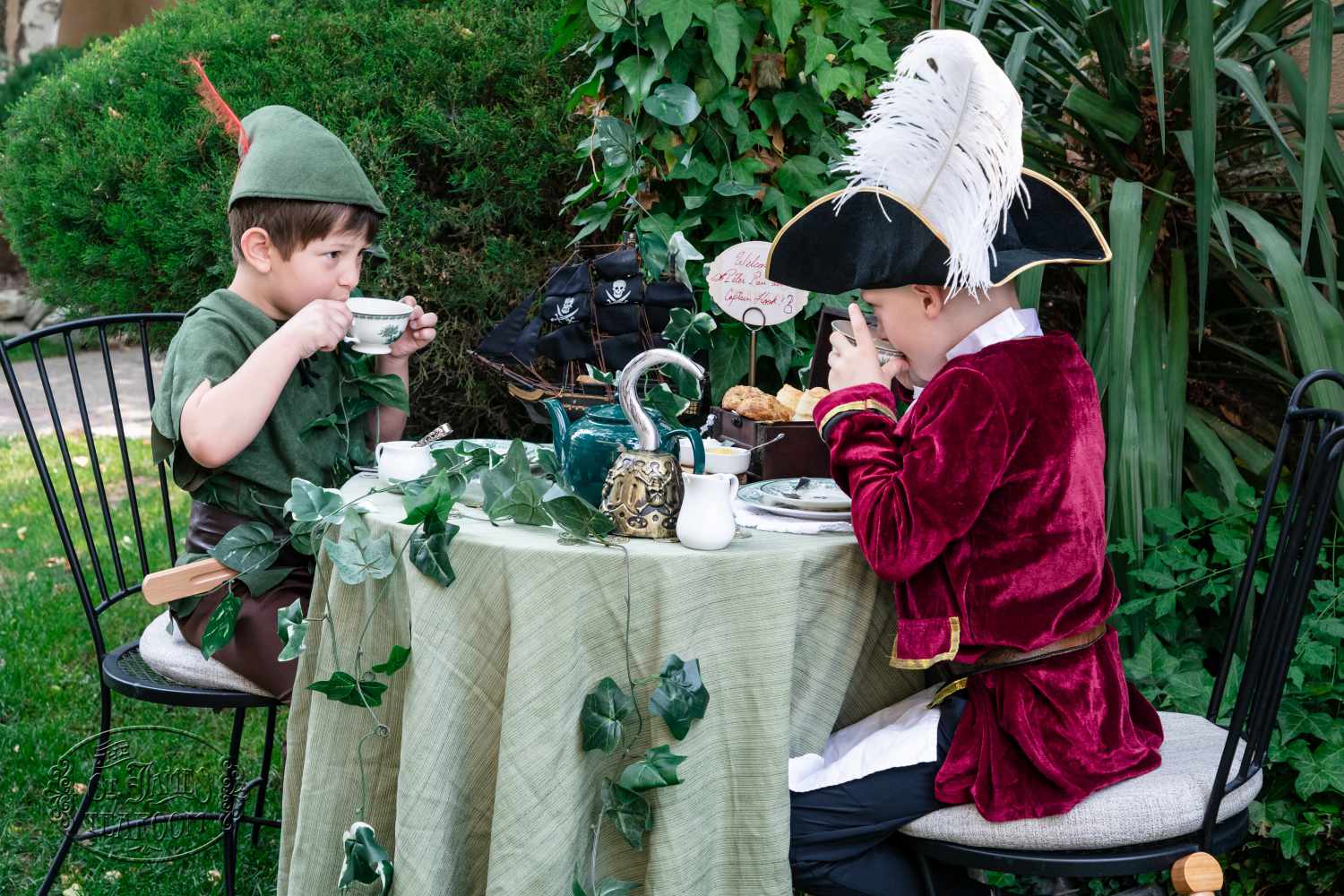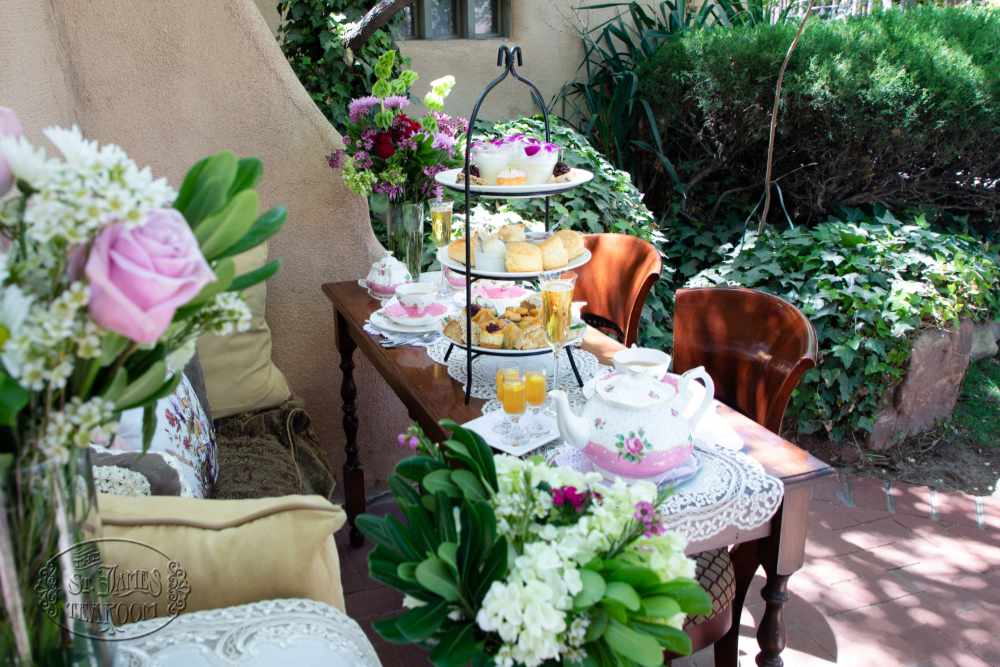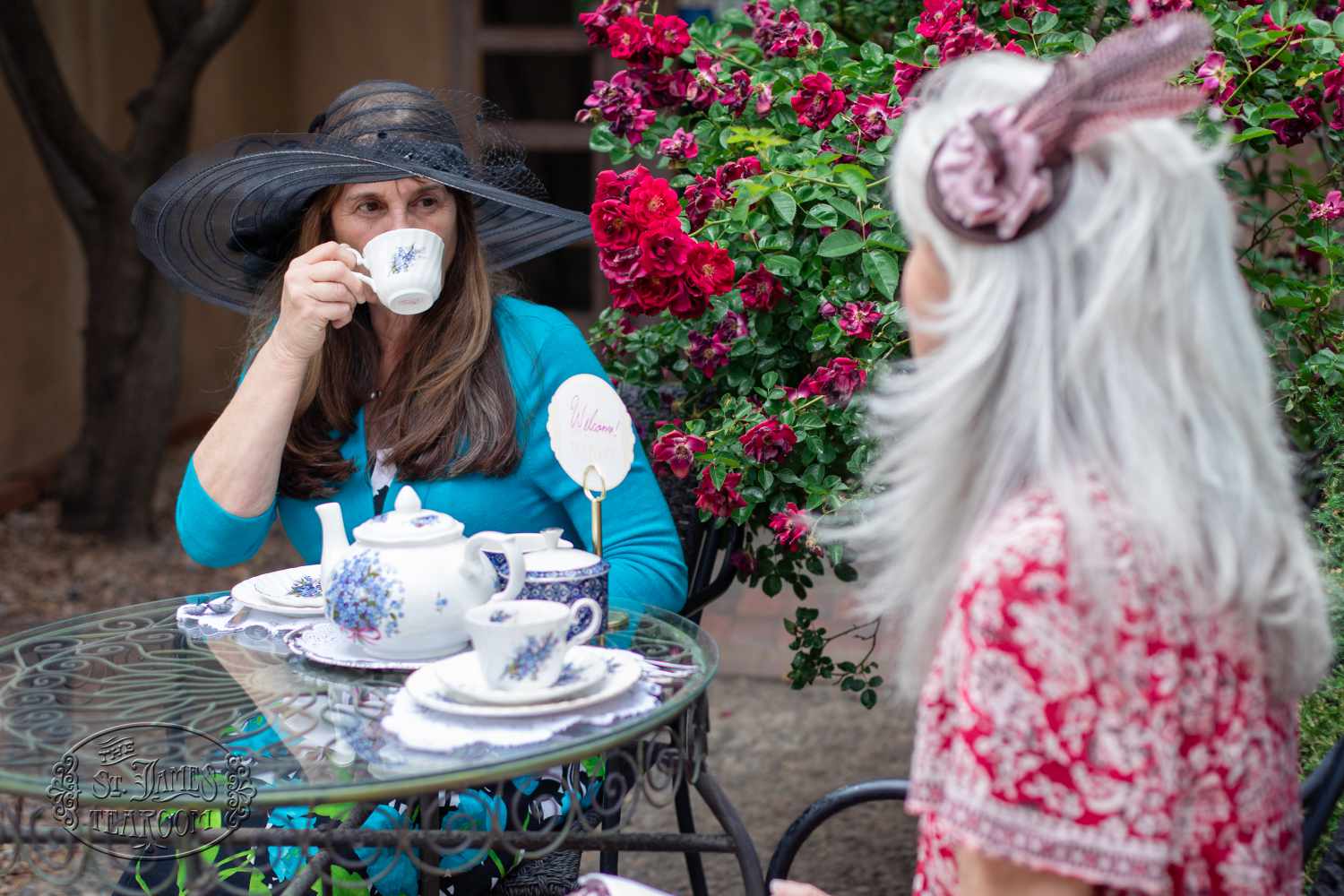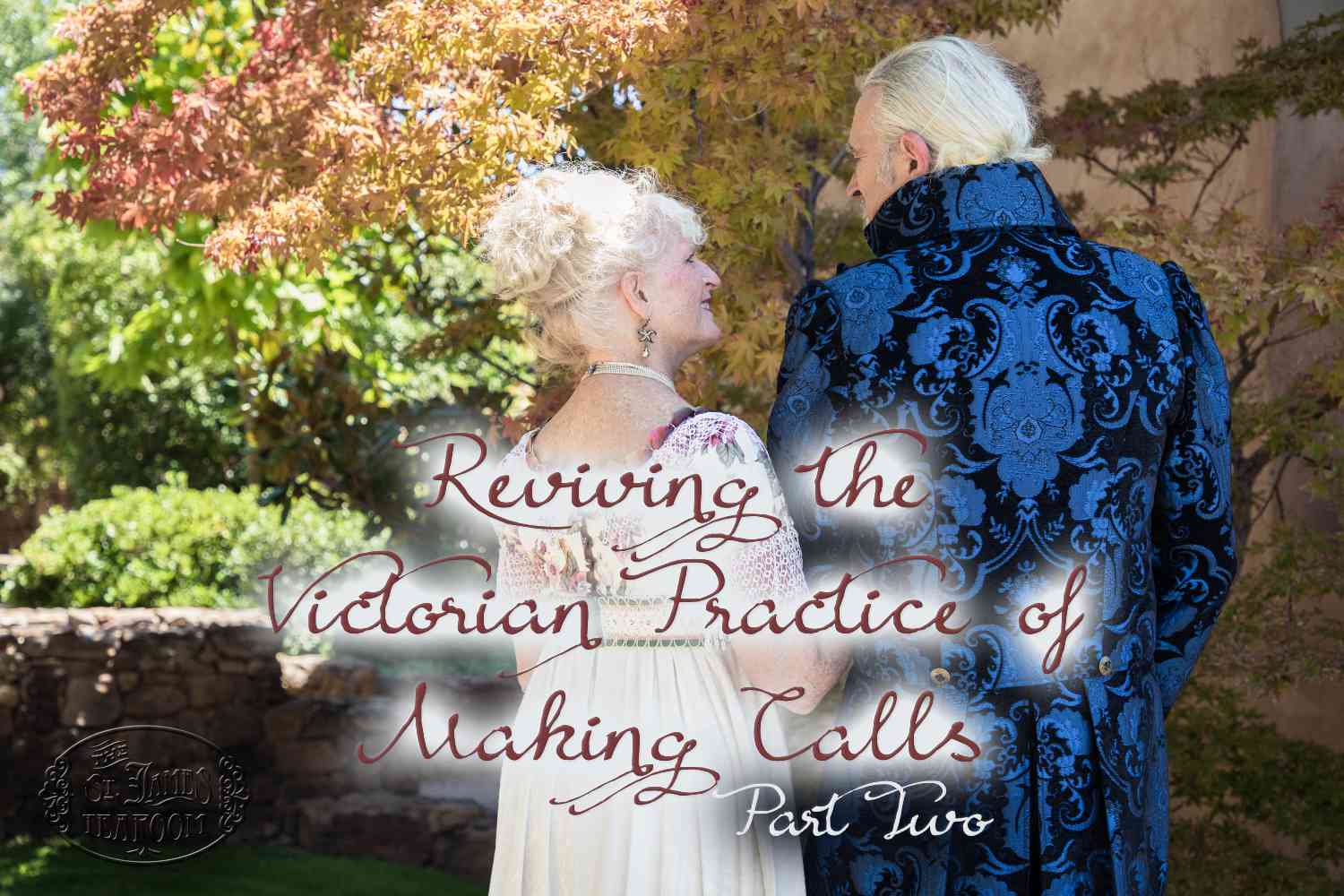
Reviving the Victorian Practice of Making Calls – Part Two
The practice of “calling” upon one’s friends and acquaintances in days gone by seems to our modern sensibilities as charming, but entirely irrelevant for our own way of life. Is it possible that this quaint Victorian pastime could have any social applicability in our day and age?
Don’t miss Part One of this blog series, where we talk about the history of the Victorian Practice of Making Calls.

How could the Victorian practice of “calling” possibly be relevant to us today?
A survey on Loneliness in America conducted by Harvard University reports that 36% of all Americans feel “serious loneliness.” Richard Weissbourd, lead author of the report, said “These levels of loneliness are heartbreaking. We have big holes in our social fabric.”
We need one another. What we don’t need is “big holes in our social fabric.”
And I have been hearing a great deal lately about the Harvard Study of Adult Development, the longest scientific study of happiness and the causes of human flourishing ever conducted. Over eight decades the study has tracked the same individuals and their families—two generations!—asking thousands of questions and taking hundreds of measurements—from brain scans to blood work—with the goal of discovering what makes for a happy and fulfilling life.
Through all the years of studying these lives, they found that the people who stayed healthiest, were the most successful, and lived longest were those who had the warmest relationships and connections with other people throughout their lives. Happiness is not about wealth or achievement, they’ve learned, but about the strength of relationship. The study directors boil it down simply: “Good relationships keep us happier and healthier. Period.”

Thousands of these life histories studied reveal how we best flourish. The directors call it “Social Fitness.” Like physical fitness, it is a skill which can be developed if we learn to, in their words, “attend to others.” *
Attending to others, they report, means full, undivided attention, not partial, distracted attention. And it is one of the greatest gifts we can give one another. Putting down our devices, looking another person in the eye—at work, at home, or at the grocery store, develops Social Fitness. We can walk through life conferring Value upon those around us, enriching our relationships, and, at the same time, be cultivating happiness and health within ourselves.
Perhaps we should take a second look at this antiquated custom of our Victorian forebears. Perhaps it is even more important now.
“The most valuable commodity of the 21st century will be undivided attention.” ~Phil Cooke
“Attention is the most basic form of love.” ~Unknown
Social Fitness. How are we doing?
* (The statistics of the study are fascinating. For example, those who had at least one good relationship with a sibling growing up made $51,000 more per year than those who did not. But they also found that those who grew up in hard and abusive homes could overcome this if they found a good partner and kind, reliable, stable friends.)

Curious about the history behind the practice of “making calls” or looking for modern-day examples to spark ideas in your life? Read Reviving the Victorian Practice of Making Calls: Part One and Part Three of this Blog Series.
Yours for the return of Grace, Civility, Beauty, Gentility, and Excellence,
Mary Alice

